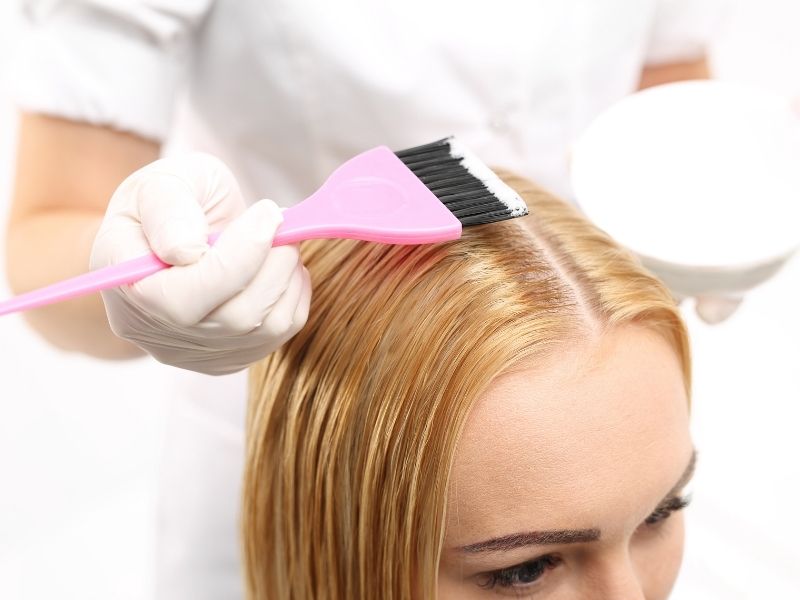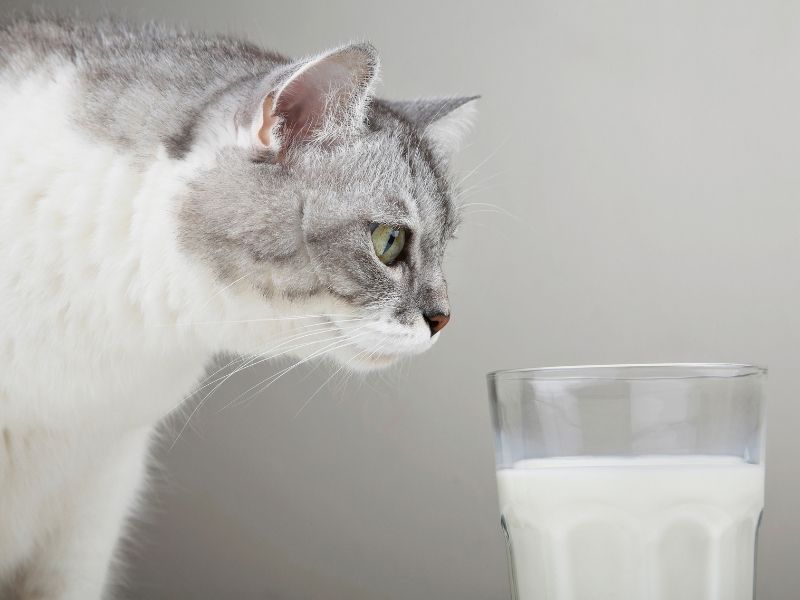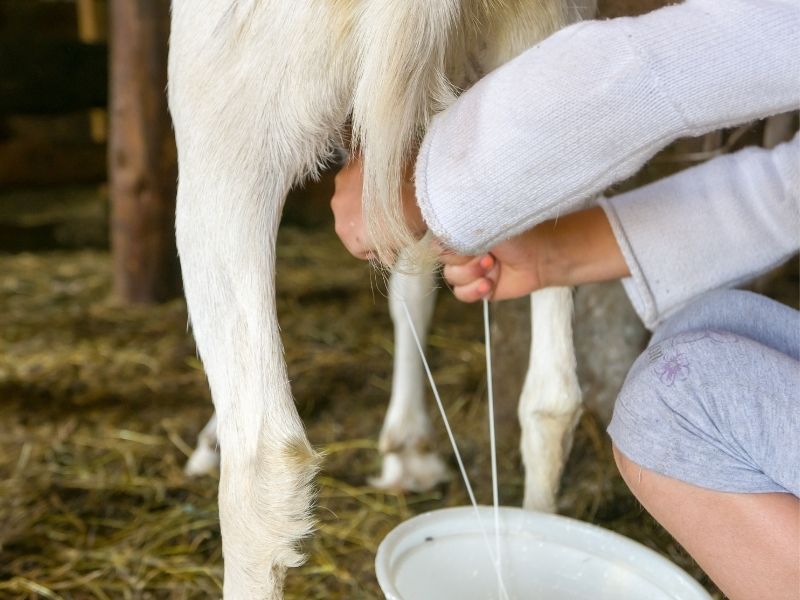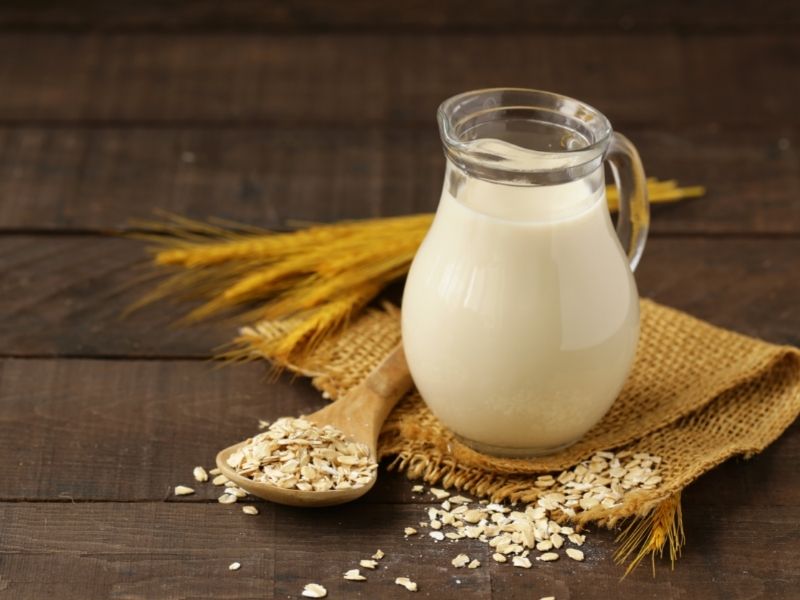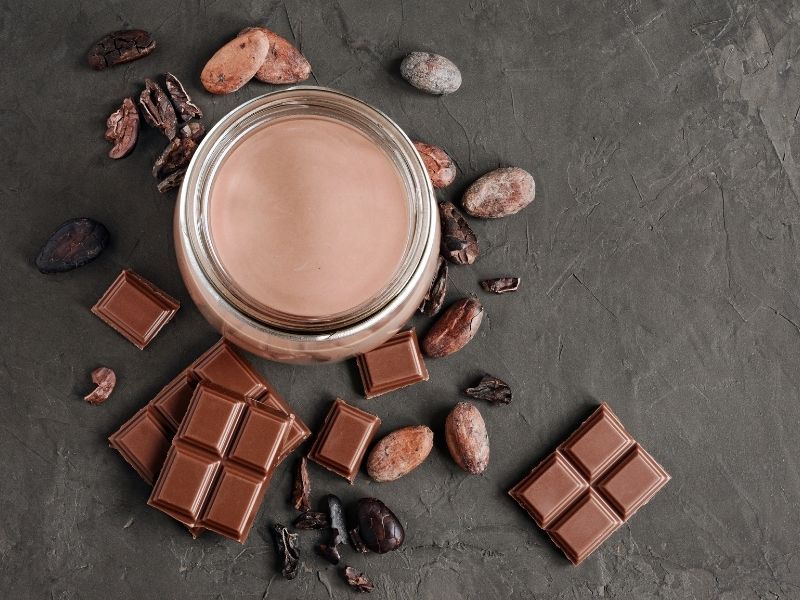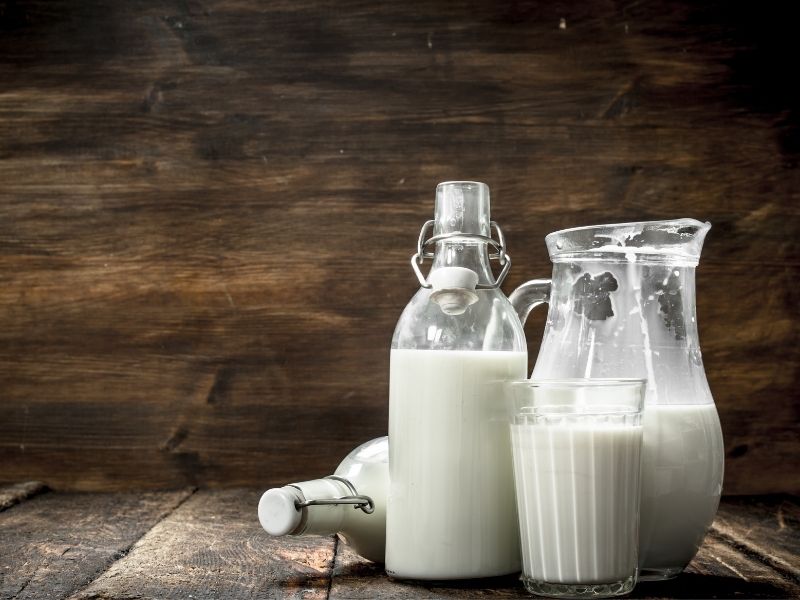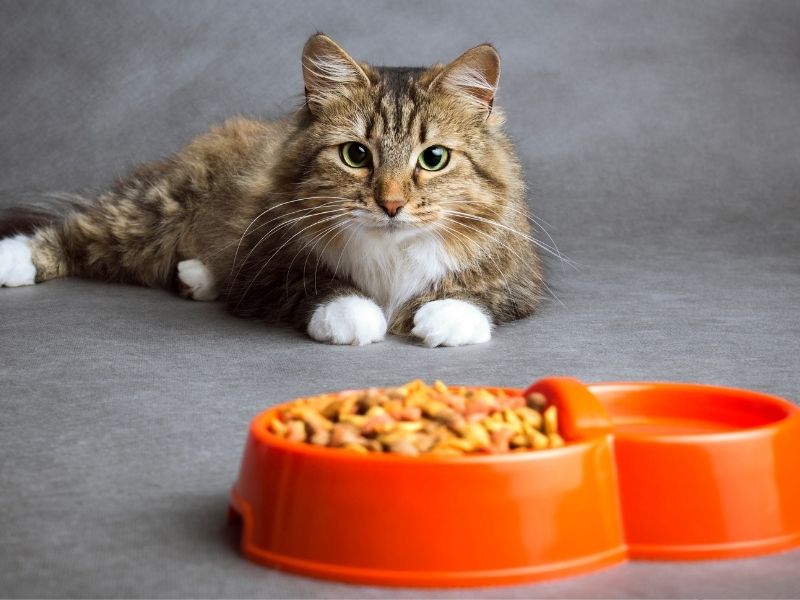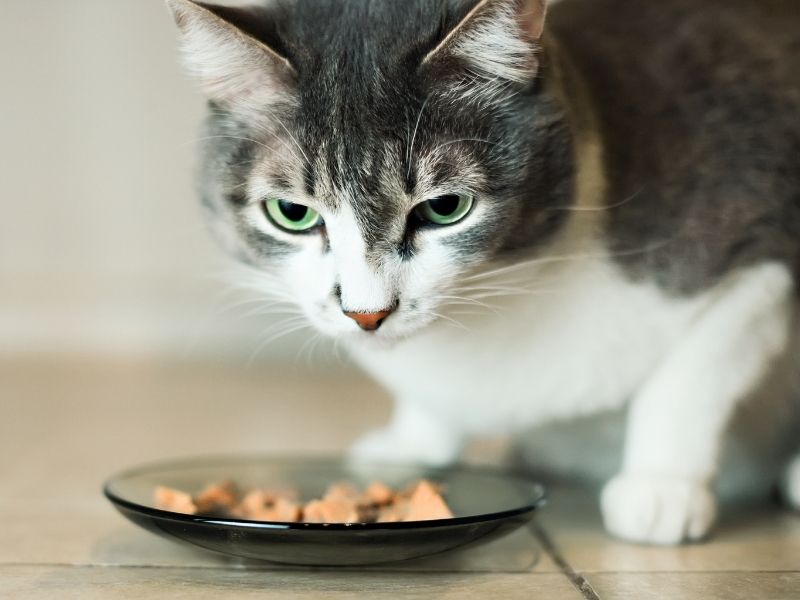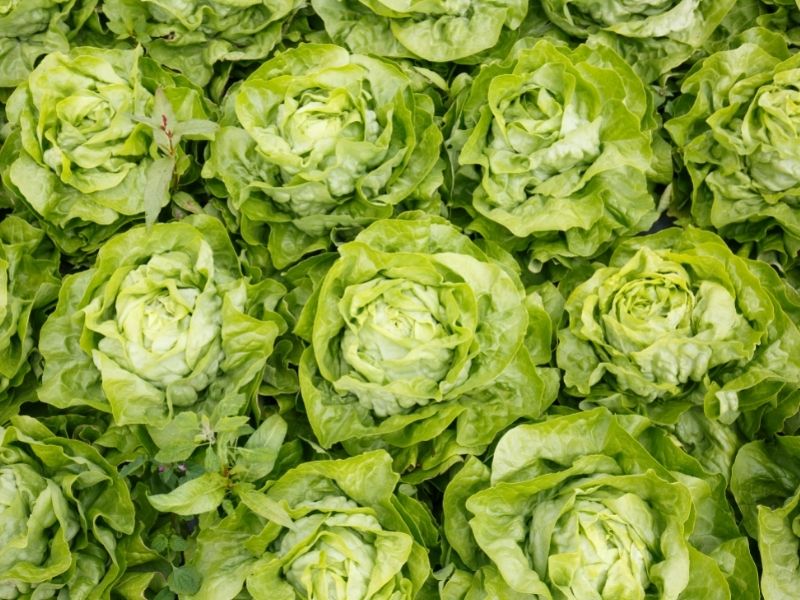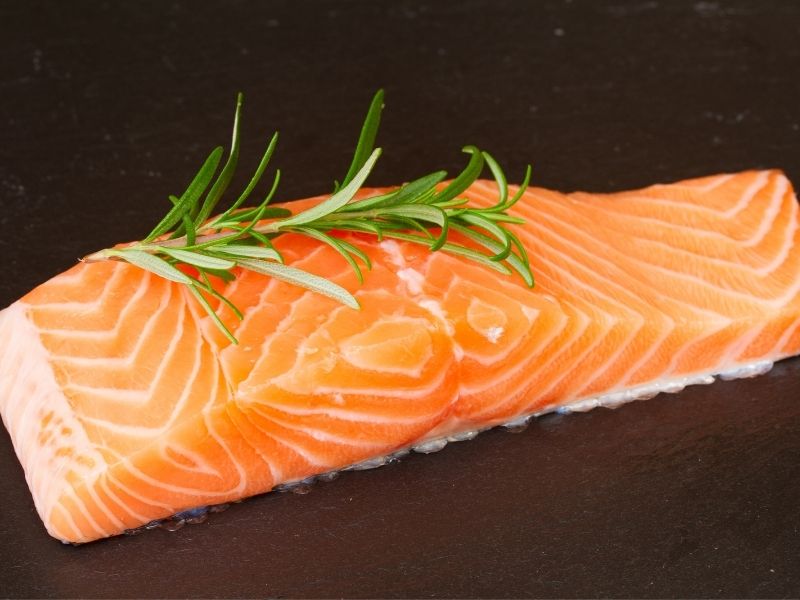The short answer: No, Clairol is not cruelty free. The long answer: A pioneer of the at-home hair colour kit, Clairol was first introduced in the US market in 1956. The hair care brand is currently owned by Coty Inc., an American multinational beauty company that also carries Wella Professionals, Max Factor, and CoverGirl—a cruelty… Continue reading Is Clairol Cruelty Free?
Can cats drink milk? We review 7 milk options!
An excellent source of vitamins and minerals, milk is a nutrient-rich liquid that comes from mammals or even plants. It contains calcium, magnesium, riboflavin, phosphorus, potassium, zinc, and vitamins A and B12. Newborns and young mammals drink the milk of their mothers as their primary source of nutrition before moving on to solids. This includes… Continue reading Can cats drink milk? We review 7 milk options!
Can Cats Drink Goat Milk?
The short answer: No. The long answer: Just like cow milk, goat milk can do more harm to your cat than good. The reason behind it is that adult cats cannot process the carbohydrate found in goat milk due to the lack of lactase in their digestive system. Even young kittens that produce lactase in… Continue reading Can Cats Drink Goat Milk?
Can Cats Drink Lactose-Free Milk?
The short answer: Yes, but only in limited amounts. The long answer: Milk is a dairy product commonly produced by nursing mammals. It is packed with nutrients needed by young mammals, such as kittens who need sustenance from their mother’s milk. As kittens grow up, they generally lose the capacity to process the lactose found… Continue reading Can Cats Drink Lactose-Free Milk?
Can Cats Drink Chocolate Milk?
The short answer: No. The long answer: There are two main reasons why cats should not drink chocolate milk. The first reason is because cats cannot have chocolate. Chocolate is a treat prepared using roasted and ground cacao seeds. Served in liquid, paste, or block form, chocolates contain the compound theobromine, the stimulant caffeine, and… Continue reading Can Cats Drink Chocolate Milk?
Can Cats Drink Cow Milk?
The short answer: No. The long answer: Most adult cats cannot drink cow milk because their stomachs don’t have the necessary enzyme to break down the sugar (lactose) found in it. Though kittens have lactase in their system, it is also not enough to handle the lactose levels found in cow milk. Cats who drink… Continue reading Can Cats Drink Cow Milk?
Why is my cat throwing up white foam and not eating? [7 possible reasons]
Cats are animals notoriously known for hiding signs of illness and pain. When a cat is feeling unwell, she may exhibit subtle changes. These signs include a change in her overall appearance, litter box usage, sociability, energy level, coat (including the amount of fur she sheds), breathing, eye/nose discharge, and appetite. When it comes to… Continue reading Why is my cat throwing up white foam and not eating? [7 possible reasons]
Why is my cat not eating? [We reveal 7 reasons!]
Nutrition is an important aspect of your cat’s wellbeing. Depending on her age (kittens and elderly cats should not be given the same food), size, weight, and activity levels, she must be served the right meals at the proper times so that her organs perform at their best. But what if your cat is not… Continue reading Why is my cat not eating? [We reveal 7 reasons!]
Can Cats Eat Lettuce?
The short answer: Yes, but in limited amounts. The long answer: Lettuce is a leafy vegetable that is often eaten by humans as a salad or added to sandwiches and wraps. It is low in calories but high in water, fiber, vitamins A and K, and folate. Cats need to consume food rich in animal-derived… Continue reading Can Cats Eat Lettuce?
Can Cats Eat Salmon?
The short answer: Yes, but only occasionally. The long answer: Salmon is a type of ray-finned fish that belongs to the Salmonidae family. It is known for being an oily fish with high amounts of protein, omega-3 fatty acids, and vitamin B12. Technically speaking, fish is animal meat, which is what cats need to consume… Continue reading Can Cats Eat Salmon?

